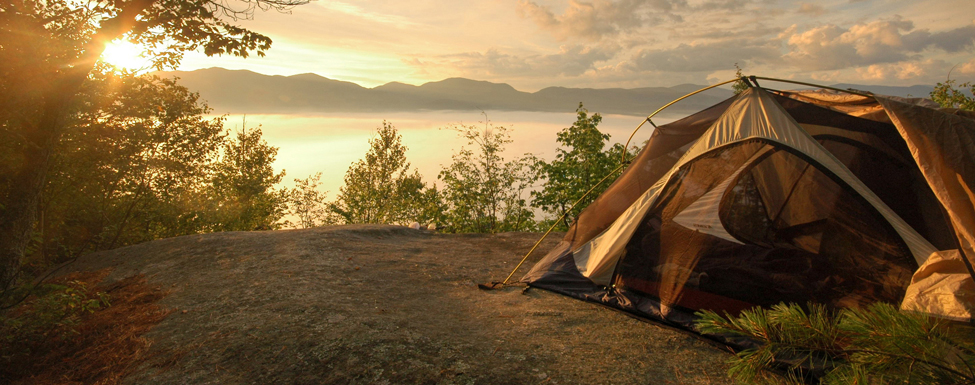Food for the Trail
High summer is a wonderful time of the year to get out to see the beauty of the Berkshires and surrounding areas up close and personal.
And how do we do that? By putting on a good pair of hiking shoes and hitting the woodland trails that abound in the western portion of Massachusetts. Whether it is a day hike or a weeklong camping trek in the outback, being prepared is crucial to having a great time and staying safe.
Beyond the proper equipment, shoes and clothing, it is important to bring along the right nourishment to sustain you on your hike or camping expedition. Obviously, hiking and backpacking is exercise and very good exercise at that. Most hikes and backpacking excursions range from several hours up to a week or two. So, you are going to burn off calories and a lot of them, which means you will need healthy food and hydration to stay well on your journey.
Hiking or walking at a normal pace through fields and hillsides burns 228 calories in 30 minutes for a typical adult weighing 190 pounds. For backpacking, hiking or organized walking with a daypack, a person weighing 190 pounds burns on average 336 calories in 30 minutes.
Thus, backpacking hikers need to supply their bodies with roughly 2,500 to 5,000 calories a day—the lower figure for easy summer hiking, the higher for cold-weather, intense mountaineering.
Good backpacking foods for quick, short-term energy are carbohydrates, starches, and sugars--such as breads, cereals, pasta and crackers. You also need long-term energy provided by proteins and fats such as canned meat, cheeses, dried eggs, dried milk, cheddar cheese, chocolate and nuts.
The best backpacking food is lightweight, tasty, calorie-packed and quick cooking. Remember, you should like backpacking food. On longer trips especially, food is important to your well-being psychologically.
Grace Ferrante, Outings Chair of the Berkshire Chapter of the Appalachian Mountain Club, says to stick with several principles when packing food for a hike. “The food has to be low weight, won't spoil, be high in calories, taste great, be nutritious and quick to prepare.”
An avid hiker and backpacker, Ferrante lists ideal foods for various meals.
Breakfast: Medaglia Doro instant espresso with sugar and Coffee-mate; quick (not instant) oatmeal with powdered milk and brown sugar. Just add boiling water and wait a few minutes. Add nuts or dried fruit as desired.
Lunch: She eats snacks all day such as jerky, Kind bars, dried fruit, various nuts, Fritos, crackers and cookies.
“For dinner, I prefer couscous, dehydrated or freeze-dried veggies, dehydrated meat or jerky, flavorings such as jerk seasoning, curries, etc. Sometimes I add coconut cream powder. Yum. Add boiling water and wait 20 minutes.”
“For hot foods I bring meals already mixed in a plastic bag,” she continued. “When it’s time to eat, I pour boiling water into the bag, seal and wait. When done I eat right from the bag, and there are no dishes to wash.” Another positive aspect of being away from home.
Good tasting backpacking food helps keep spirits up during physical activity and will even enhance the total experience out in the wild.

